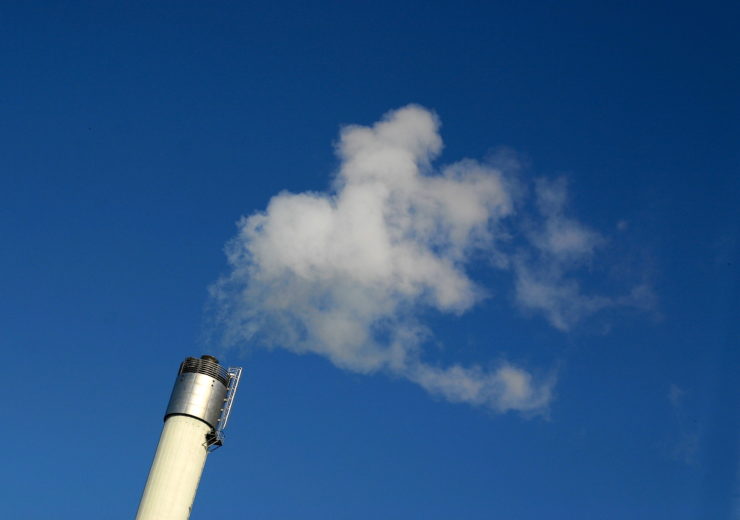The financing package will help in bringing the two projects totaling 98.6MW to life in Afghanistan

Image: The second project to be supported by the funding is Mazar-e-Sharif Gas-to-Power Project. Photo courtesy of Karsten W. Rohrbach/Freeimages.com
World Bank Group has agreed to provide a financing package of $98.8m to support two gas-to-power energy projects in Afghanistan.
The financing which includes guarantees, a loan, and swaps, could support an increase in the amount of domestically generated electricity in the country.
As part of the funding, the Sheberghan-Gas-to-Power Project will receive a $12.8m guarantee from the International Development Association (IDA), the World Bank Group’s fund for the poorest countries.
Details of the two gas-to-power projects
The Sheberghan Gas-to-Power Project will support the construction and operation of a 40MW power plant, using indigenous gas from the nearby Sheberghan gas fields in northwestern Afghanistan.
The project will be implemented by Bayat Power Electricity Services Distributor, a subsidiary of Bayat Group.
Expected to generate 300GWh of electricity annually, the plant will contribute considerably to the overall domestic energy generation.
The second project to be supported by the funding is Mazar-e-Sharif Gas-to-Power Project.
The funding will support the project, which will include a $12m guarantee from IDA to backstop the ongoing payment obligation of Da Afghanistan Breshna Sherkat (DABS), Afghanistan’s power utility.
The Mazar-e-Sharif Gas-to-Power Project is a 58.6MW reciprocating engine power plant that also uses gas from the Sheberghan gas fields. Expected to annually generate 404GWh of electricity annually, it will account for nearly 28% of the country’s domestic power generation of this year and 6% of the total electricity supplied to Afghanistan for this year.
The project will be implemented by Afghan Power Plant Company. Beneficiaries of the project include the electricity consumers across Kabul, Mazar-e-Sharif, and Jalalabad.
Developed with support from the World Bank, IFC, and MIGA, the project is claimed to have a replicable public private partnership structure to attract long-term private investment for Afghanistan’s infrastructure.
World Bank Country Director for Afghanistan Henry Kerali said: “Afghanistan’s energy needs are enormous, and the new package will support a great step forward for the country’s development. Investing in the energy sector is key for the country to achieve its full growth potential.
“Diversifying sources of electricity supply can help more Afghans benefit from reliable grid connections, improve employment generation and economic growth of the country, and reduce poverty. The World Bank Group stands with the Government of Afghanistan throughout the implementation of the projects to ensure their timely and effective completion.”
